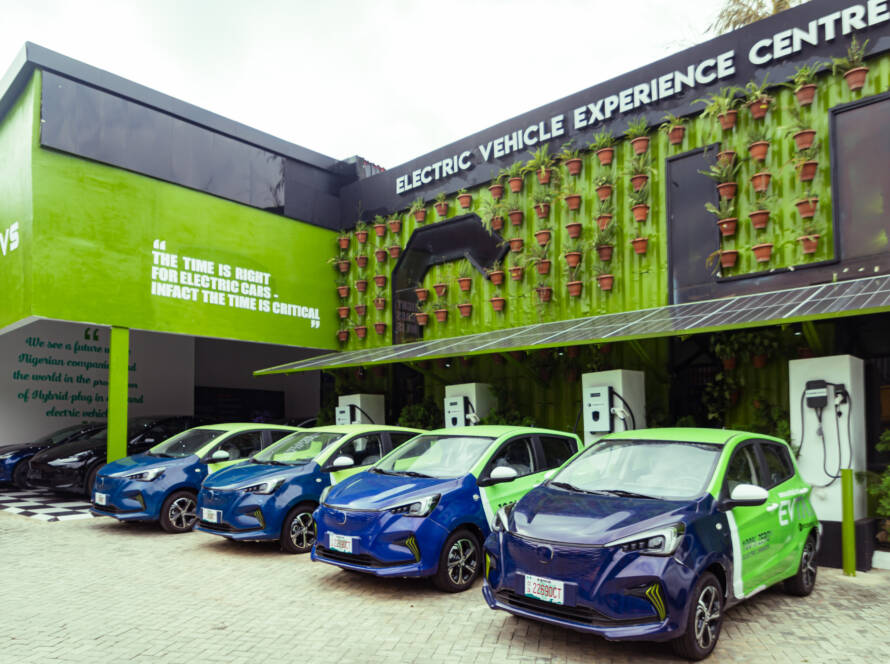Electric vehicles are growing rapidly across the globe. Africa is ready to embrace this transformative technology. But the continent faces challenges in catching up with the rest of the world, one of which is charging infrastructure.
This article explores the benefits of joint investment in charging station infrastructure and how it can help accelerate our progress.
A Growing Trend Demands Action
According to recent reports, 2023 saw significant increases in EV adoption worldwide, with nearly 8% of all vehicle sales being electric in the United States alone. Projections indicate that the EV market share will continue to expand, reaching double digits in the upcoming years. To ensure that Africa does not miss this wave of innovation, it’s crucial to address some challeges to wide spread adoption, such as the lack of adequate charging infrastructure.
Bridging the Gap: Why Both Government and Dealers Must Act
Auto leaders and entrepreneurs should recognize that the future is electric vehicles, and they should adapt their business models to take advantage of the new opportunity.
With EVs, dealers will have the oppportituy to
- earn money selling and servicing vehicles
- earn more money offering paid public charging
- own the entire EV value chain: sales, servicing, and fueling.
Below are some benefits that an investment in charging stations can accrue for both government and private entrepreneurs.
Benefits for Dealers
A New Source of Revenue:
The maintenance costs for EVs are extremely low compared with internal combustion engines. So dealers must diversify revenue streams to maintain profitability. Installing charging stations offers high margins, particularly when offering fast chargers, which can generate revenues above 75 to 100%.
Attract More Customers:
Offering convenient charging facilities encourages customers to visit dealerships, increasing the likelihood of purchasing additional products or services. For example, Friendly Chevrolet in Dallas, Texas, reported earnings of approximately $60,000 per month within six months of operating its EV charging hub.
Competitive Advantage
Early movers in providing charging infrastructure gain a competitive edge. In other words, the first companies to offer charging convenience to EV owners may win customers’ loyalty, which will give them a competitive advantage and ensure long-term success in the rapidly evolving automotive landscape.
Benefits for the Government
Reduced Emissions:
Encouraging the use of EVs helps reduce greenhouse gases and improve air quality, aligning with the nation’s environmental sustainability goals.
Economic Development:
Developing charging infrastructure creates jobs and stimulates economic activity in various sectors, such as construction, manufacturing, and service industries. This will reduce poverty and improve standard of living in the society.
Energy Security:
Charging infrastructure is vital to the successful adoption of electric vehicles. Investment in the development of a robust network of charging station will accelerate EV adoption. And the widespread adoption of EVs will reduce (or even eliminate) our reliance on fossil fuels, which will in turn enhance energy security and reduces vulnerabilities related to fluctuating oil prices.
As the demand for EVs in Africa continue to grow, the need for a robust charging network to serve this growing demand becomes more of a concern. Government and EV dealers must collaborate to help our nation realize its goal of a sustainable future with zero carbon emission in the transport industry. To achieve this, we must collaborate to build charging stations.
At Possible EVS, we have demonstrated our commitment to transport electrification by installing the first public charging station at the Electric Vehicle Experience Center (EVEC), with plans to deploy 5,000 more across Nigeria by the end of 2025. We’re calling on the government and auto dealers to join us.


